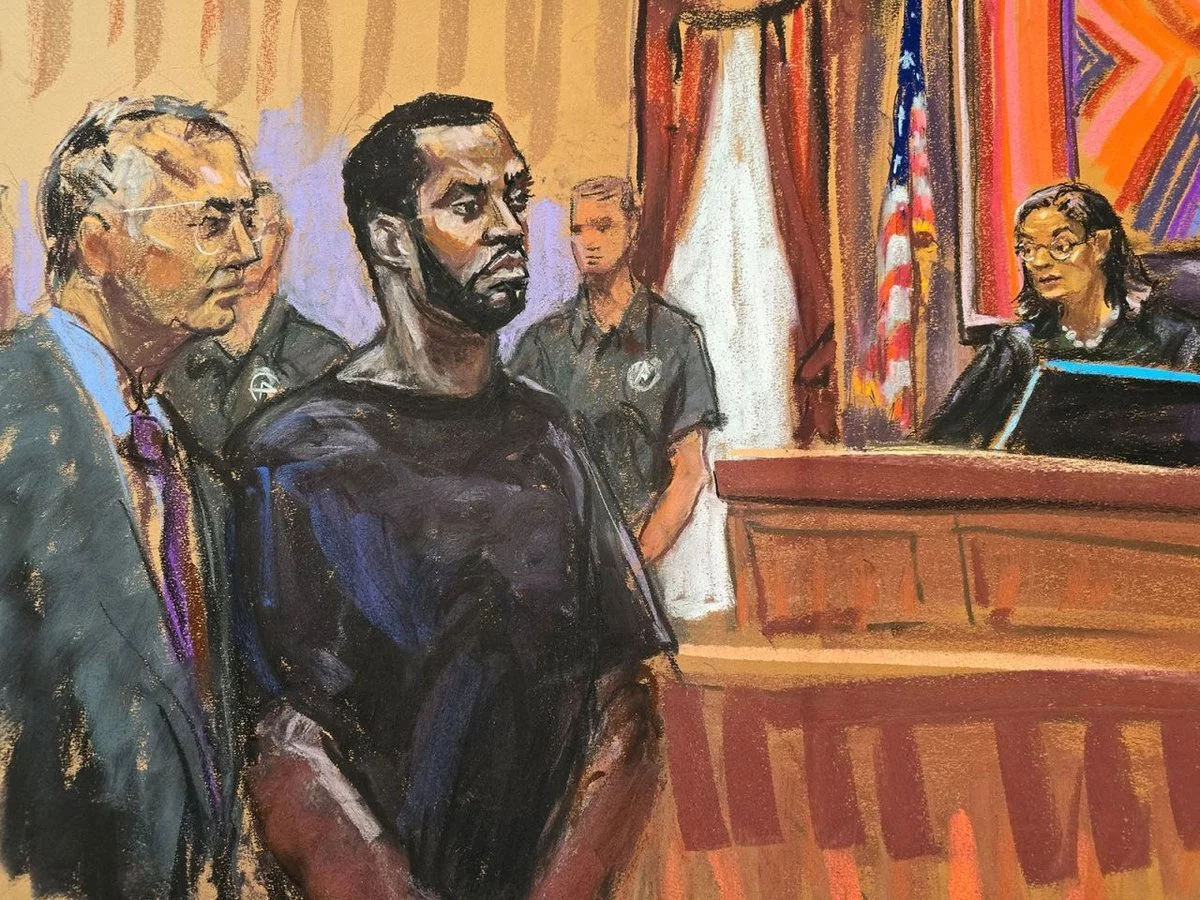Juror Bias Spotlight Ignites Diddy Defamation Debate

Rise up and seize the lesson hidden in this courtroom drama—today’s headline is a masterclass in perception versus reality! A potential juror in Sean “Diddy” Combs’s Manhattan federal case dropped a jaw-dropping claim on a standard questionnaire, asserting that “he can buy his way out of this federal case.” That bold admission, revealed by TMZ, underscores how powerful narratives can shape minds before a single opening statement is delivered. According to the juror questionnaire obtained by TMZ staff on May 6, 2025, the respondent explicitly doubted the judicial system’s impartiality, believing Combs’s billionaire status would override legal consequences. This revelation not only spotlights the unique pressures of celebrity trials but also offers a pivot point for each of us: how often do we let preconceived notions color our judgment?
Experts say juror bias can make or break a case. Federal court rules demand an unbiased panel, yet this questionnaire entry shows bias doesn’t always check itself at the courthouse door. The potential juror’s skepticism about equal justice catapults us into a bigger conversation about how power and privilege intersect with the legal process. USA Today legal analyst Rachel Hartman suggests that such explicit statements typically lead to swift dismissal for cause, while former federal prosecutor Mark Lewis tells CNN this kind of unfiltered doubt can trigger more rigorous voir dire to protect Combs’s right to a fair trial.
Diddy faces charges that include alleged financial fraud and tax evasion tied to his entertainment ventures. Prosecutors accuse him of failing to report millions in income and orchestrating complex transactions across multiple entities. Combs has pleaded not guilty and maintains his commitment to transparency—an approach mirrored by his legal team’s request for careful juror screening. As this case unfolds, every courtroom twist becomes a blueprint for resilience under pressure. We’re seeing firsthand how even the smallest admission can ripple into major setbacks or breakthroughs.
Here’s your call to action: Examine your own hidden biases and challenge them. Just as Combs’s attorneys will question every juror to ensure fairness, we must interrogate our assumptions to make better decisions in our own pursuits. Every perceived obstacle—whether a high-profile trial or a personal goal—is an opportunity to refine our mindset and lean into integrity.
Keep this in mind: truth is the foundation of justice, and impartiality is its champion. Stay tuned as the jury selection battle heats up—next up, we’ll break down how Combs’s defense plans to counteract public prejudice and secure a balanced panel. Remember, knowledge empowers action! Keep pushing forward and stay inspired!
Sources: Celebrity Storm and TMZ, USA Today, CNN
Attribution: Creative Commons Licensed




